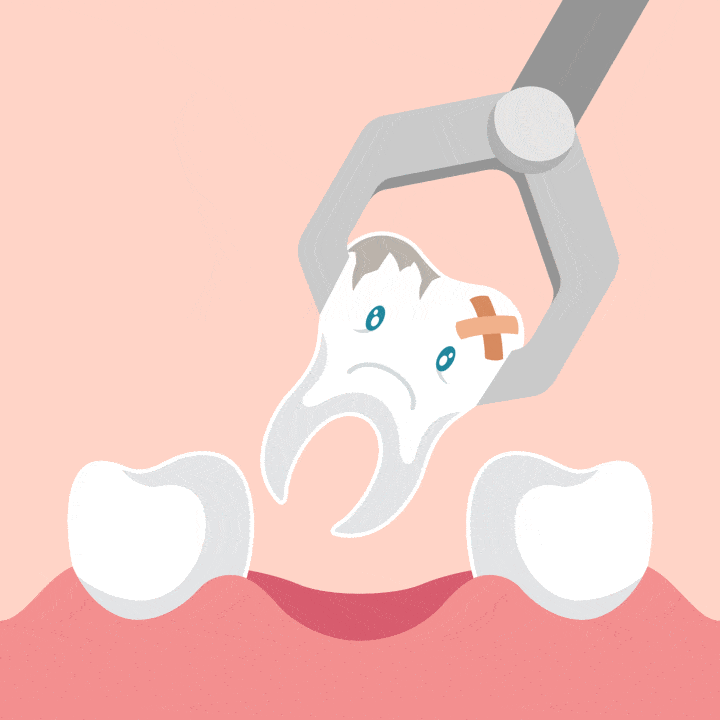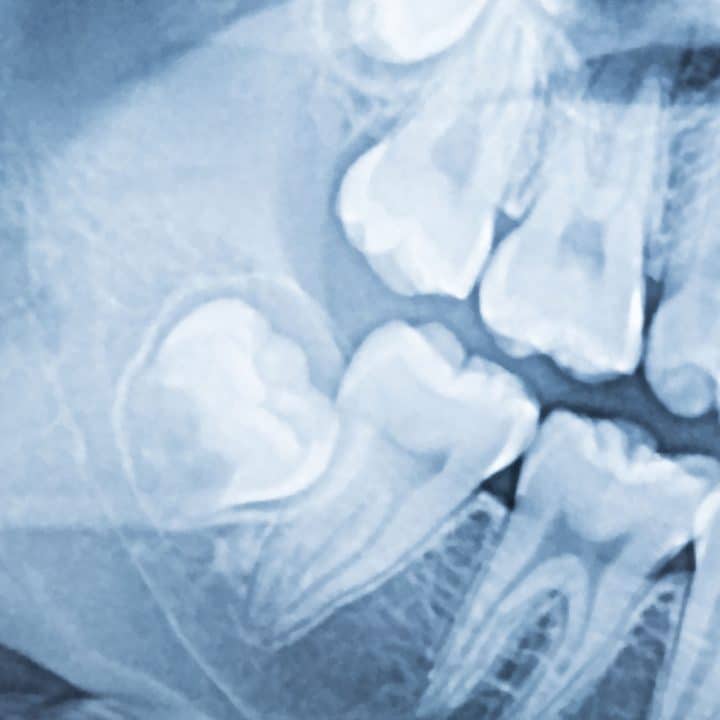Tooth Extractions
Teeth are supposed to last a lifetime, and we want to help our patients to keep them healthy. However, teeth extractions are sometimes necessary and unavoidable, being the most suitable and appropriate option available.
The most common reasons teeth may need to be removed are:
- Severe pain;
- Extensive infection (abscess);
- Untreatable, advanced periodontitis (gum disease);
- Un-restorable, badly broken or decayed teeth;
- As part of a larger dental treatment (e.g. orthodontics, periodontal treatment).
Removal of a tooth is only performed after every other option has been explored or discussed. But once the decision has been made, leaving them unaddressed can interfere with the health of other teeth, function (chewing) and your general health.
Tooth extraction is a very routine procedure and can be relatively simple and straightforward, but some particular cases may be more complex. The area may be tender and sore for a few days following the extraction. There is a very small chance that the site may become infected (0.5–5.6%, but may be higher depending on your particular conditions, for example, health status, medications and if you smoke). Following the instructions given, taking the prescribed medications and careful cleaning the site will reduce the risks of developing postoperative pain and infection.
Once a tooth is removed, some significant and undesirable changes may happen, such as:
- Significant change in the position of neighbouring teeth (e.g. moving, drifting, tilting or rotating), compromising chewing, speech and aesthetics;
- Opposing tooth may “over-erupt” (invade the empty space), changing the bite and compromising proper chewing movements;
- Considerable amount of bone loss – most rapidly in the first 6 months after extraction, but it continues throughout life at a slower rate.
Therefore, patients who have lost a tooth should definitely consider replacing it as soon as possible. Dentures, Dental Implants or Dental Bridges are wonderful options to replace the missing tooth.
Please book an appointment at Banora Family Dental & Implants, and we will be happy to carefully assess your particular condition and discuss with you all options you may have.




